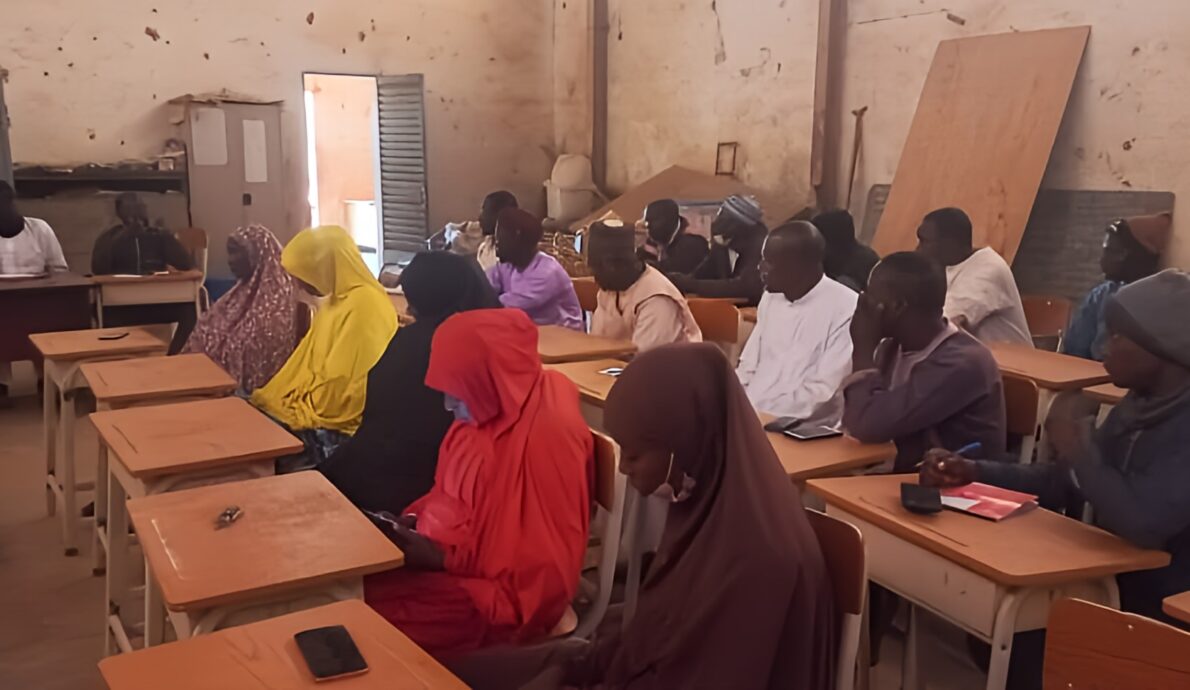In the rural areas of Guatemala, Counterpart International is providing technical support to over 80 extension agents from the Ministry of Agriculture, through a number of trainings and teaching methods. 22 are women.
Extension services are key in any rural, agriculture community and women play a vital role in improving agriculture productivity and food security overall. Here’s a look at a few of the women extension agents making a change in their communities.
Duady Villatoro wants her community to understand how women play a vital role in improving agriculture productivity and food security overall.
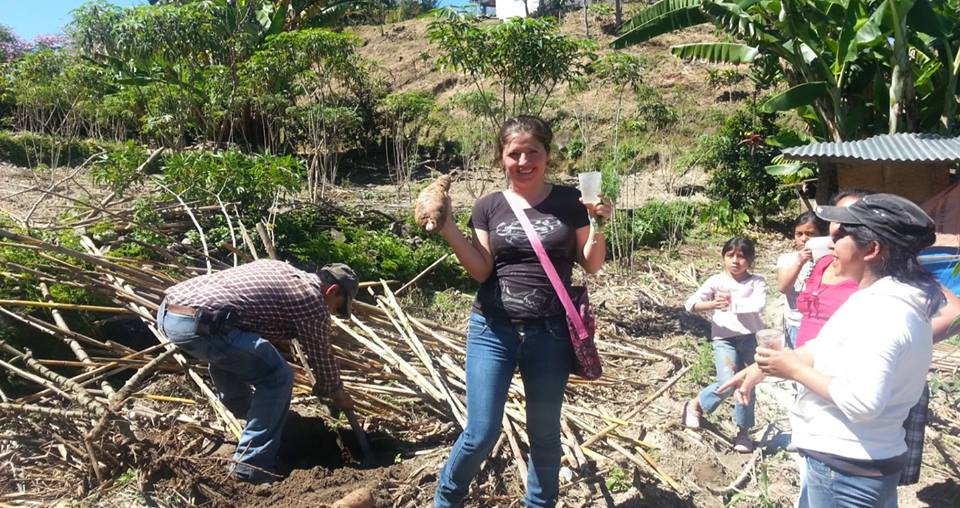
“Being in the field provides me the opportunity to educate people in the communities produce, organize, administrate and self-manage their resources. It is important to give more opportunities to women so they can be part of the development process in the communities and improving lives.”
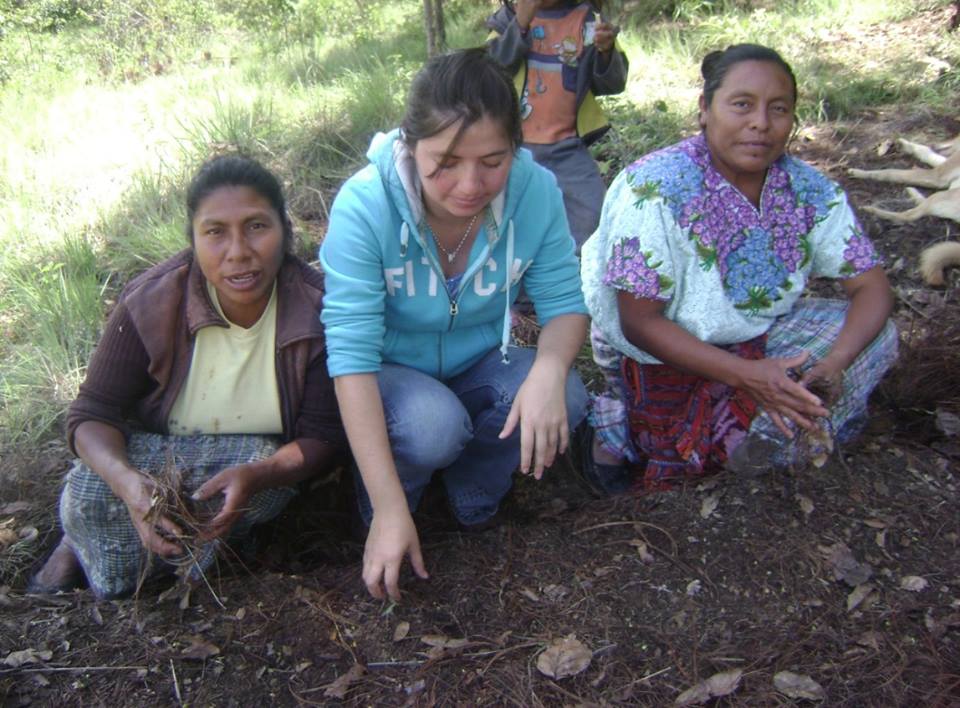
Daudy Mariela (center) demonstrating plot activities with onions and radishes at the Development Rural Learning Center (CADER).
Guadalupe Martinez “I decided to work on agricultural extension because I consider extension to be important for the rural communities’ development as part of the Guatemalan culture. Also, in the family agriculture production, women have an important role in the rural development. “
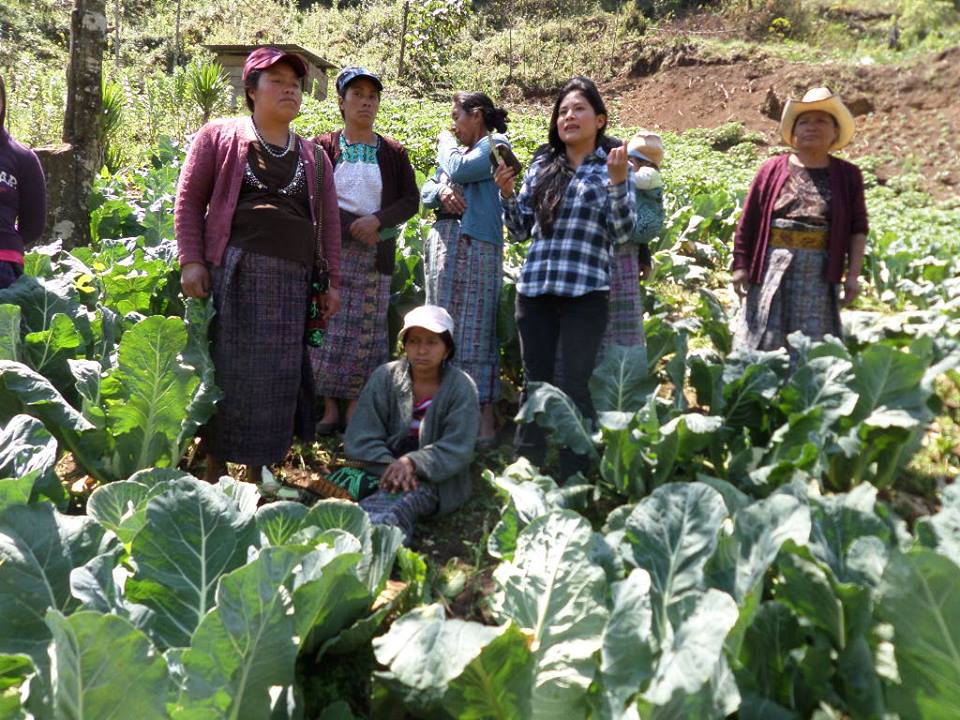
Guadalupe (right) explaining the nutritional properties of broccoli at a family garden in Pie de la Cuesta.
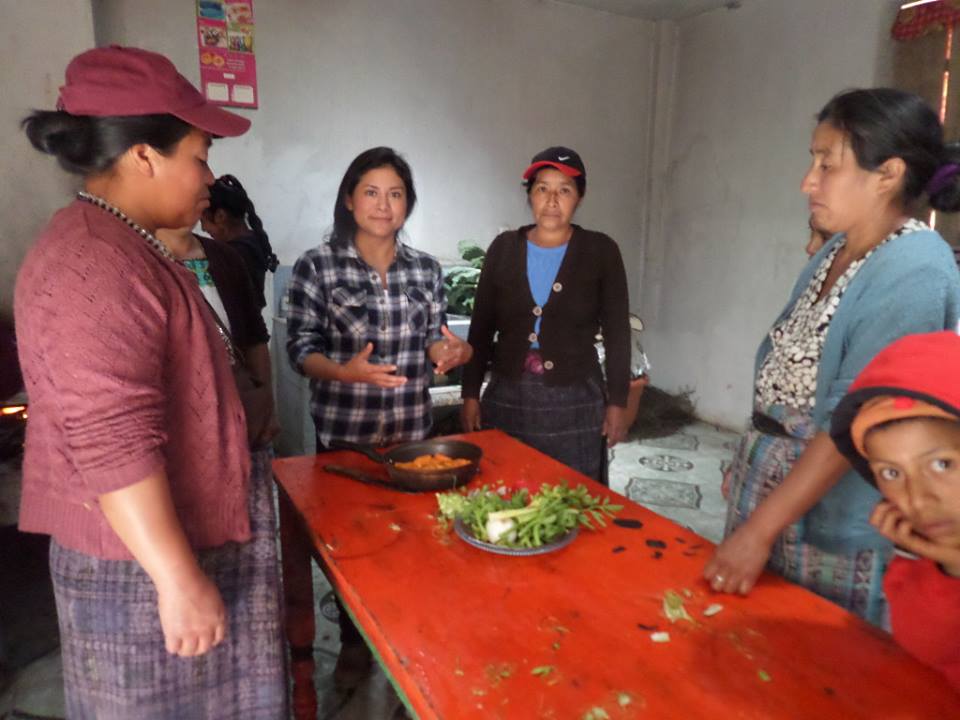
Guadalupe’s demonstration on food preparation from the family garden in Pie de la Cuesta.
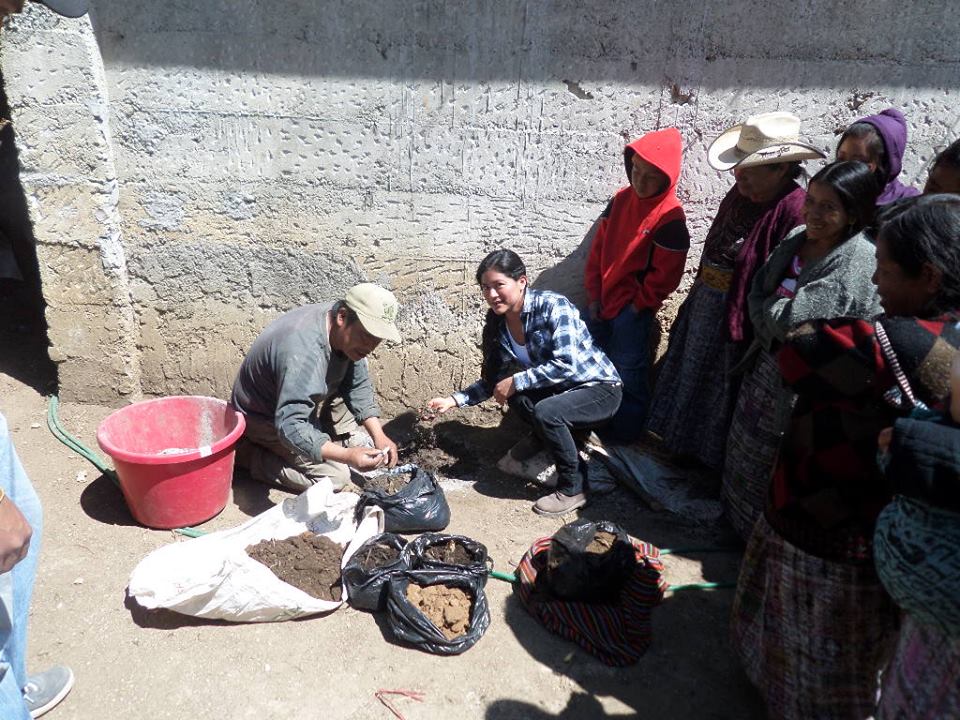
A group of women surround Guadalupe as she demonstrates the preparation of organic compost.
Maria Isabel González Ramirez “I did not have much experience in agriculture since I was involved in citizenship women participation as well as violence against women. However, working with women in agriculture allows me to know in a more direct form their way of life and provides the identification of the problems that many women face each day.”
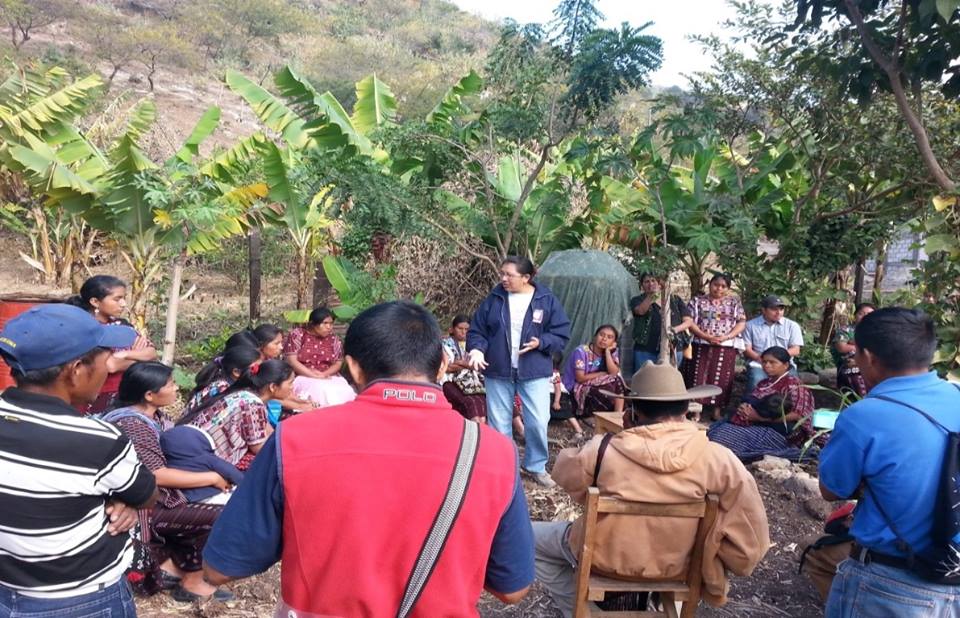
Maria speaks to women groups on hygiene habits at home in the Tejera Village.
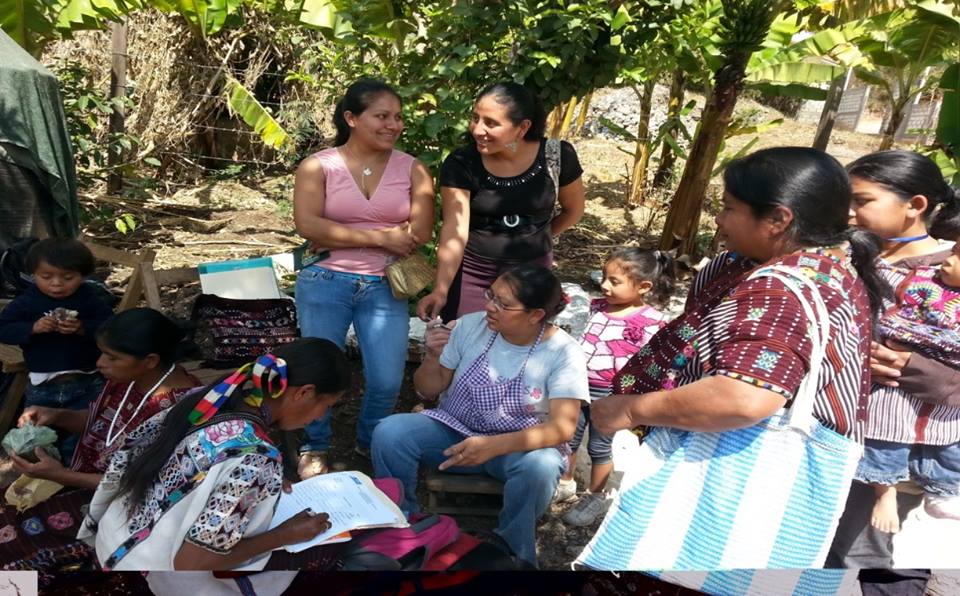
Maria trains community leaders on hygiene habits at home at Barrio las Flores.
Natividad Raymundo “Agriculture extentionists not only improve agriculture, but also increase the economic, social and education benefits for the rural families. This is what motivates me to work and provide knowledge in lowering the poverty index in the rural areas’ households.”
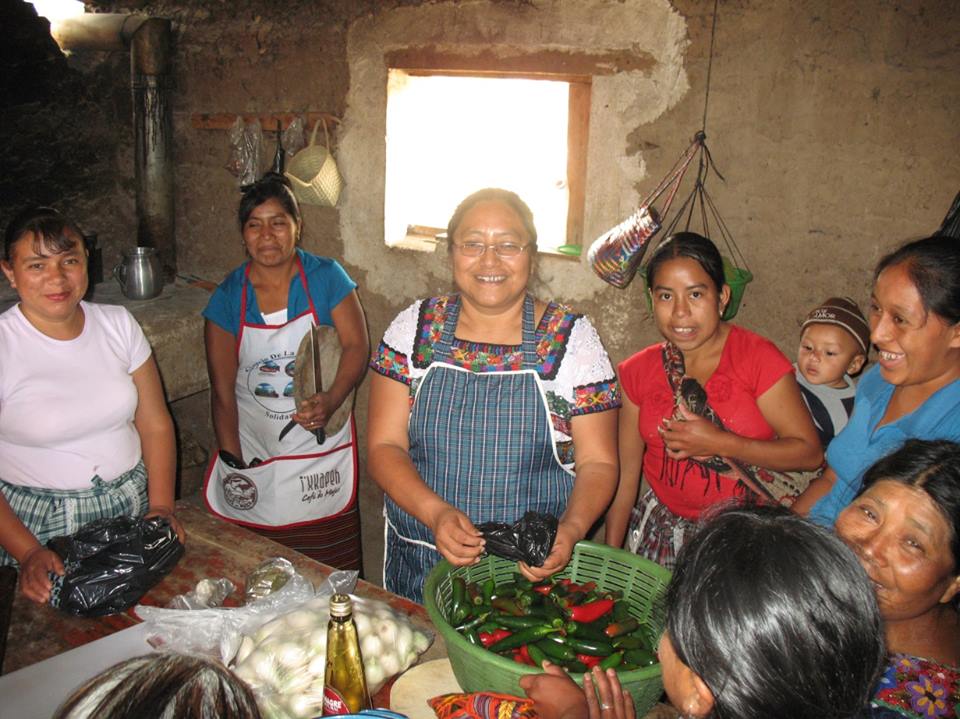
Natividad shows the CADRE women group on techniques in preparing food.
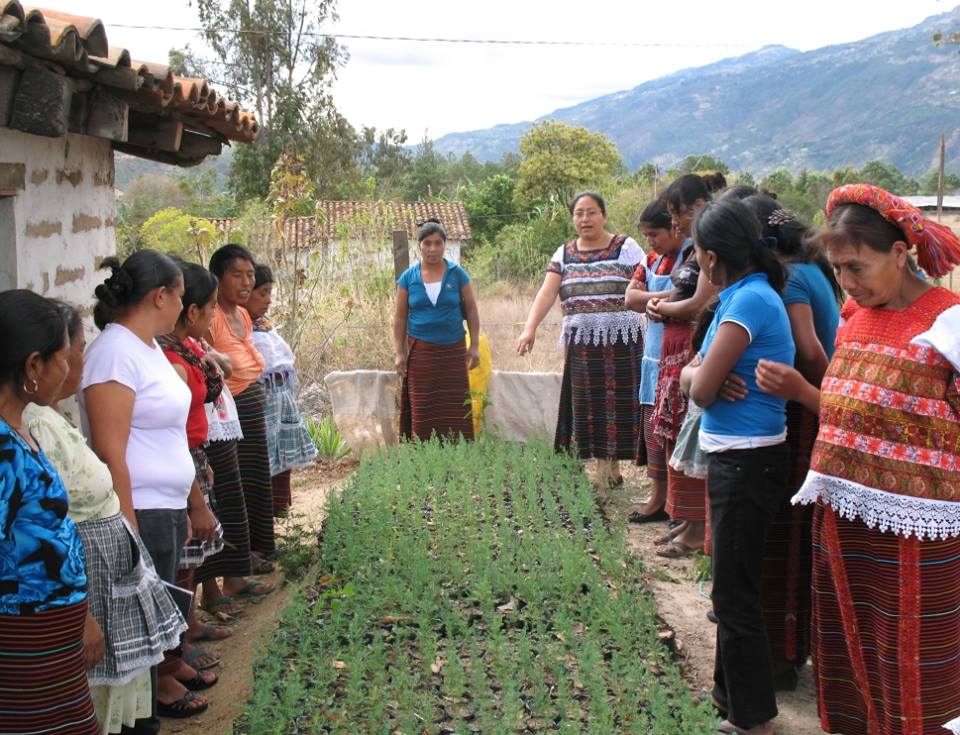
Natividad (top-right) speaks about the forestry nursery managed by CADER women at Chichoche.




